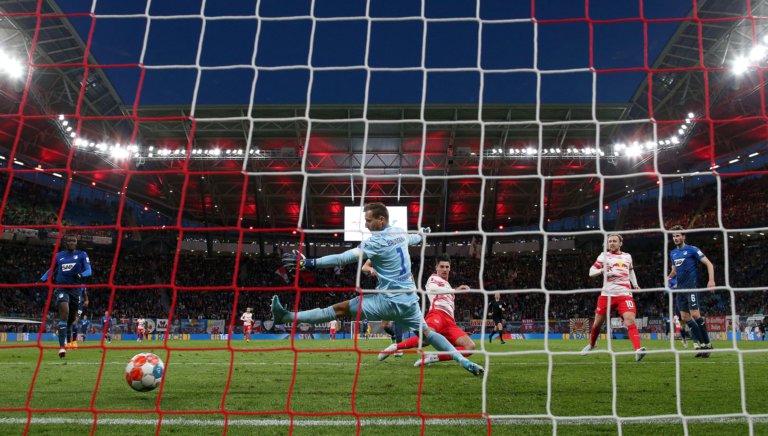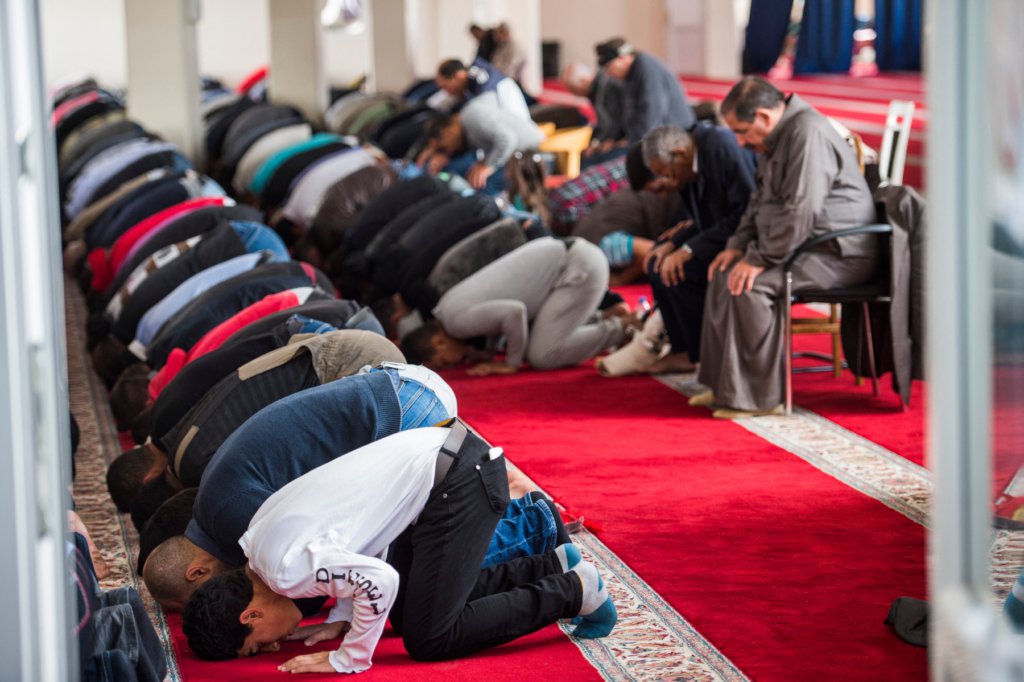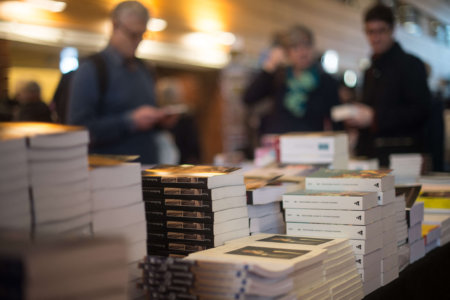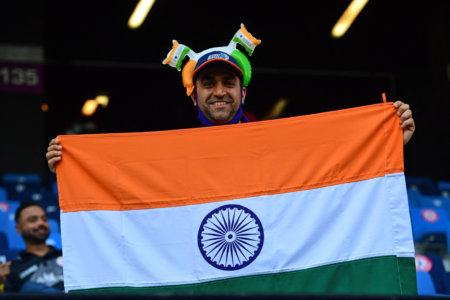
April is just like any other month for many, but for the estimated two billion Muslims globally, the fourth month of the year also happens to be the month of Ramadan for 2022.
For the uninitiated, Ramadan is observed by Muslims with daily fasts; this includes abstaining from eating and drinking from dawn till dusk. It also serves as a time to hone in on their faith.
Recently, Twitter was rife with comments when a football match was temporarily paused to allow a Muslim player to break his fast during Ramadan.
Referee Matthias Jollenbeck made Bundesliga history by pausing the game to allow Frenchman Moussa Niakhate to hydrate himself.
According to the Daily Mail, German Referee Committee director of communications Lutz Michael Frohlich has approved referees stopping games to allow players to break their fast.
He was quoted saying, “There is no general instruction in this regard, but of course we support our referees allowing such drinking breaks during Ramadan at the request of the players.”

Referee Matthias Jollenbeck made Bundesliga history by pausing the game to allow Frenchman Moussa Niakhate (pictured) to break his fast. Source: Kai Pfaffenbach/Pool/AFP
Is Germany a Muslim-friendly study abroad destination?
Does the Bundesliga match suggest that Germany is a welcoming country for Muslim students to study abroad at?
For the most part, it can be. There are over five million Muslims who live in Germany, and the number is growing.
The Goethe Institute notes that cities such as Berlin, Cologne and Hamburg house representative mosque buildings and are centres for Muslim life and Islamic culture in Germany.
A survey by Konrad Adenauer Foundation on German attitudes towards Islam has shown that while many Germans are tolerant towards the religion, many wish Muslims living in the country would reciprocate the feeling.
Called “What do the Germans Think about Islam?”, the study involved 1,000 western Germans and just as many eastern Germans.
It found that almost two-thirds of those questioned believed Muslims living in Germany should be allowed to practice their religion without any restrictions, but two-thirds opined that Muslims living in Germany should be more considerate towards Germans while practising their religion.
Here are some other facts that you might not have known about Germany pertaining to Muslims or Islam:
Germany welcomed a large number of Syrian refugees
According to reports, no other European country has taken in as many Syrian refugees as Germany.
Under the leadership of German Chancellor Angela Merkel, Germany welcomed thousands of refugees, with many coming from predominantly Muslim countries, said DW.com.
Diverse Muslim community
In a separate report by DW.com, the largest number of Muslims in Germany are of Turkish heritage and this has been the case for decades.
In recent years, however, the countries of origin have become more diverse, most likely owing to the consequences of the high number of refugees from countries like Syria and Iraq since 2015, said a study.
Fasting in Germany
The number of fasting hours varies from country to country. In Germany, Muslims can expect to fast for some 19 hours.
In comparison, those in Asian countries such as Indonesia, Malaysia and Singapore may fast for up to 14 hours.
Halal restaurants
With a sizeable Muslim community, Muslim students can find some halal restaurants to dine at in some parts of Germany.
If you’re in the country’s capital, Berlin, you can find Yarok which serves Syrian food, and Mustafas Gemüse-Kebab which serves vegetarian kebab.
Those in Munich Restaurant Persepolis for some Persian food. Find more halal restaurants here.

A file photo showing worshippers attending a Friday prayer at the Ibrahim Alkhalil Mosque in the neighbourhood of Tempelhof in Berlin on September 25, 2015. Source: Odd Andersen/ AFP
Mosques
Mosques aren’t always readily available in Germany, but in certain cities, such as Berlin, you can find some. This includes the Şehitlik Mosque, which was built on the grounds of the old Turkish cemetery.
Over in Cologne, there are some 35 mosques, including the Cologne Central Mosque. One report said the city allows mosques to broadcast the call to prayer, or azan, over loudspeakers on Friday afternoons for up to five minutes.










